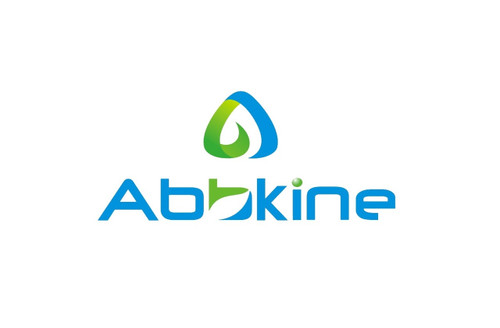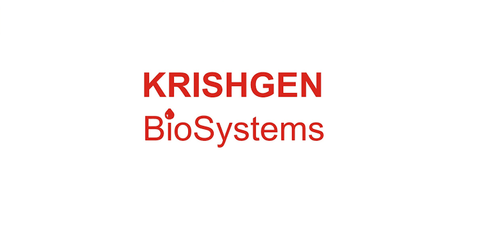Product Description
Human Tyrosine-protein phosphatase non-receptor type substrate 1 (SIRPA) ELISA Kit | AE19488HU | Abebio
Species Reactivity: Human (Homo sapiens)
Abbreviation: SIRPA
Alternative Name: BIT; CD172A; MFR; MYD-1; P84; PTPNS1; SHPS-1; SHPS1; SIRP; SIRP-ALPHA-1; SIRPalpha; SIRPalpha2; SHP substrate-1|brain-immunoglobulin-like molecule with tyrosine-based activation motifs|macrophage fu
Application: ELISA
Range: 0.156-10 ng/mL
Sensitivity: 0.056 ng/mL
Intra-Assay: ≤5.6%
Inter-Assay: ≤7.7%
Recovery: 0, 81
Sample Type: Serum, Plasma, Other biological fluids
Detection Method: Sandwich
Analysis Method : Quantitive
Test Principale: This assay employs a two-site sandwich ELISA to quantitate SIRPA in samples. An antibody specific for SIRPA has been pre-coated onto a microplate. Standards and samples are pipetted into the wells and anySIRPA present is bound by the immobilized antibody. After removing any unbound substances, a biotin-conjugated antibody specific for SIRPA is added to the wells. After washing, Streptavidin conjugated Horseradish Peroxidase (HRP) is added to the wells. Following a wash to remove any unbound avidin-enzyme reagent, a substrate solution is added to the wells and color develops in proportion to the amount of SIRPA bound in the initial step. The color development is stopped and the intensity of the color is measured.
Product Overview: Signal-regulatory protein alpha is a member of the signal-regulatory-protein (SIRP) family, and also belongs to the immunoglobulin superfamily. SIRP family members are receptor-type transmembrane glycoproteins known to be involved in the negative regulation of receptor tyrosine kinase-coupled signaling processes. This protein can be phosphorylated by tyrosine kinases. The phospho-tyrosine residues of this PTP have been shown to recruit SH2 domain containing tyrosine phosphatases (PTP), and serve as substrates of PTPs. This protein was found to participate in signal transduction mediated by various growth factor receptors. CD47 has been demonstrated to be a ligand for this receptor protein. This gene and its product share very high similarity with several other members of the SIRP family.
Stability: The stability of ELISA kit is determined by the loss rate of activity. The loss rate of this kit is less than 5% within the expiration date under appropriate storage condition. The loss rate was determined by accelerated thermal degradation test. Keep the kit at 37°C for 4 and 7 days, and compare O.D.values of the kit kept at 37°C with that of at recommended temperature. (referring from China Biological Products Standard, which was calculated by the Arrhenius equation. For ELISA kit, 4 days storage at 37°C can be considered as 6 months at 2 - 8°C, which means 7 days at 37°C equaling 12 months at 2 - 8°C) .
 Euro
Euro
 USD
USD
 British Pound
British Pound
 NULL
NULL








